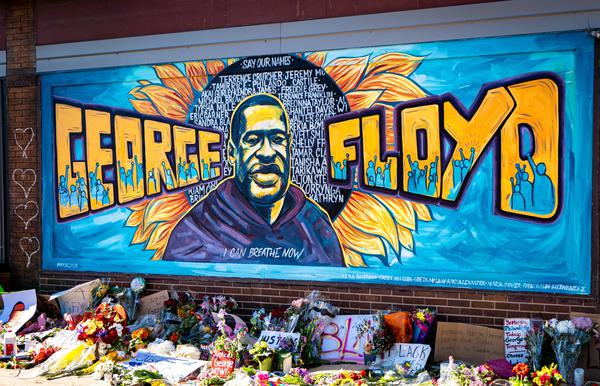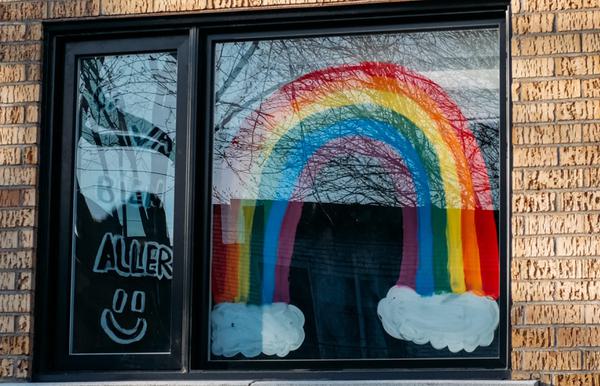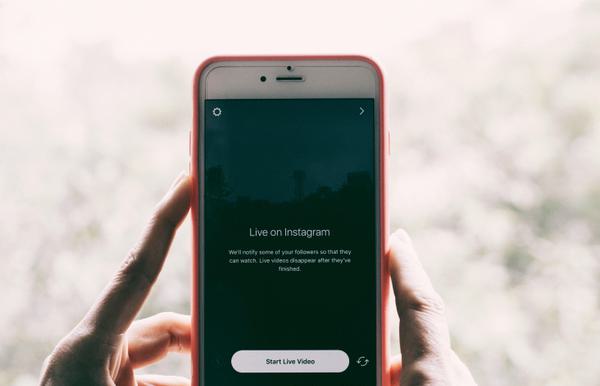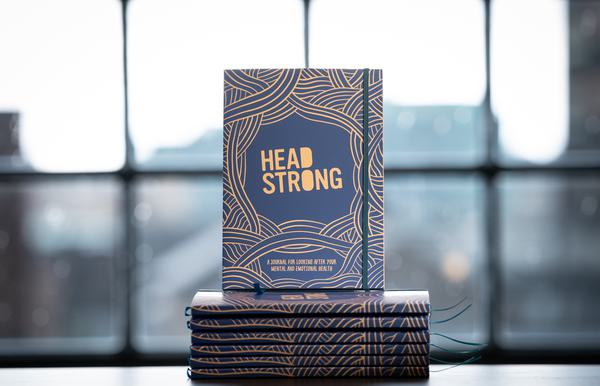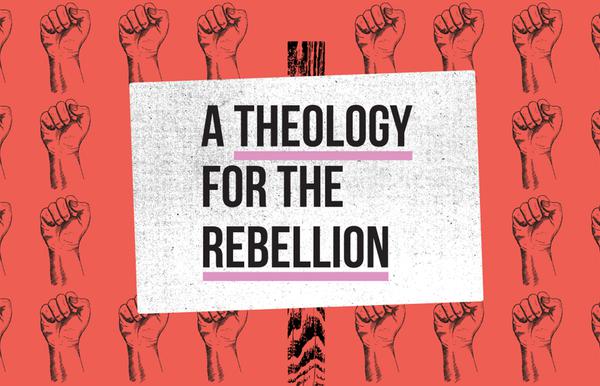Are we seeing a new wave of demonisation against young people? Martin Saunders explains why youth leaders need to 'stand in the gap' on their behalf.
I hope I’m wrong, but I think Britain may be getting ready to turn on teenagers again.
Young people — certainly many of those that I’ve spoken to — feel somewhat abandoned at the moment. Their cause has been conspicuously absent during government briefings and public conversations about how we get the world ‘back to a new normal’ as we seek to move beyond a world of COVID-19 lockdown. But — and this is a mercy of the tiniest magnitude — at least they’ve not been the focus of public disdain and anger.
It’s been a few years now — perhaps a decade — since tabloid newspapers identified ‘hoodie-wearing thugs’ as the worst element of British culture. Front pages would routinely talk about ‘ASBO kids’ or ‘hooligans’, and their disagreeable impact on society, and many of us campaigned for a more understanding media as a result. I remember the brilliant work that Frontier Youth Trust in particular did in this area with their ‘Labels R4 Jars’ campaign — even driving down Fleet Street with a 7ft jam jar containing several hoodie-clad young people.
From 'hoodies' to heroes?
In recent years, we’ve seen much less media demonisation of teenagers. The emergence of teenage heroines and heroes like Malala, Greta and the Parkland survivors have helped to shift the public perception of young people toward what I and others believe is the correct one: as bearers of hope for our culture and our future. Yes, they’re going to make mistakes; of course they’re still figuring things out. But they’re not ‘bad apples’; they’re not born with a desire to make life hideous for their elders. Newspapers now are more likely to portray young people as victims of government policy than as knife-wielding monsters who hide around every dark corner — although both narratives are still present. I’m worried however, that things are about to change. Newspapers don’t just set the opinions of their readers, they also reflect them, and there are signs that those opinions are quickly beginning to shift.
It’s not very comfortable, but I’ve made a habit of following plenty of social media accounts which don’t reflect my personal opinions or political positions. It’s a good way to make sure that I don’t get stuck in an echo chamber — only hearing from people who are ‘like me’ and therefore likely to share my views — and I recommend it. Through this, I’ve become aware of a growing voice of dissent about the behaviour of young people in the community. The main thread: that young people are flouting social distancing regulations because they don’t care about the virus’ impact on them or by implication on the older people to whom they might transmit it.
“I’ve just seen a gang of young people: drinking, hugging, hanging out in a large group. They don’t care.” I’m sure you’re familiar with the line of thinking.
Let’s be brutally honest: this isn’t entirely without a kernel of truth. Some young people are undoubtedly bending, interpreting and downright ignoring the rules at the moment. It does appear at times like some of them have confused metres with centimetres. If you walk through a town or a park space at the moment, you probably will see a group of them congregated in a manner that transgresses the regulations. And perhaps a few really don’t care if they catch or transmit it — although of course, that brand of thoughtlessness is not limited to teenagers.

Does that mean however, that all teenagers are carelessly doing what they like, practising wilful ignorance without a care for who might be impacted? Of course not. The vast majority of young people would be horrified at the thought that might infect someone vulnerable. Struggling with a mix of confusing emotions (on top of the existing teenage hormone cocktail), uncertain about the future of their schooling and a host of other things they’d taken for granted, in some cases left alone for long periods by parents who are trying to return to work; if anything young people are among the most vulnerable groups when it comes to the long-term societal impact of COVID-19. A visible minority are doing what young people have always done — exhibiting risky behaviour — but like those “hoodies” before them, they’re not a representative sample, and they’re almost certainly misunderstood.
But of course, that’s not how the media works. And as all eyes focus on that dreaded ‘R’ number, and as any sense of an impending Second Wave sends people hunting for scapegoats faster than you can say "Barnard Castle”, my fear is that young people will prove an easier collective fall guy than a certain reverse-inspirational government advisor.
In fact, it’s not just the tabloids that we need to worry about. Many of us — including, if you look at social media, significant Christian leaders — seem to feel like the greater pandemic narrative gives a justification to blame young people (or at least, young people who don’t look like my young people) for putting the nation at risk. The quiet fury expressed around certain quarters about the Black Lives Matter protests (which seemed like a pretty vital expression of fury to me), was perhaps the greatest clue so far that not only is a nation living in fear about the ’second spike’, but it’s getting ready to blame the young if and when it arrives.
So, in preparation for a possible new wave of youth demonisation, I think we should be thinking about a few ways that we might need to help and intervene. Here are a few thoughts; there will of course be much more to say:
1. Young people are going to need advocates
Guess what — that’s us! When the behaviour of young people is challenged from an uninformed position, it’s our job as youth specialists to speak up for them. Very often — both at a local and national level — young people have no voice in an adult-dominated conversation; they’re talked about, rather than talked to. As people who understand them, their culture and what they’re facing at the moment, youth leaders must ’stand in the gap’ on their behalf; fighting for them to be understood and treated as individuals, instead of being lazily generalised and stigmatised. That might merely mean weighing in on social media, but it might involve some slightly more dynamic work: writing to an MP or media source, speaking to local councillors or organising a church to offer support. More than that — we will need to create platforms for young people to speak up for themselves. It’s largely through the emergence of young voices that the previous negative perceptions around teenagers were dismantled. As influencers in our churches and communities, can we make space for their voices to be heard?
2. Young people are going to need our physical presence
We are all trying to figure out what this looks like at the moment, but as their emotional well-being is challenged and their future looks increasingly complex and even bleak, Young people desperately need kind, loving and wise adult role models to walk this journey alongside them (at 2m distance, of course). And, if they aren't going to meet us online (and let's be honest, many of them aren't) then we may have to get out of our comfort zones and go to them. It might be that we need to reimagine detached youth work on a grander scale than ever before, where we are reconnecting with young people who previously came to us, as well as reaching out to those who have never darkened our doors. Of course, for some of us who work for churches — especially those who are being influenced by ‘prophetic’ leadership voices heralding the rush to digital-based communities, this will create a tension. But let’s be very clear: whatever whizzy new innovations the church comes up with to beam Christian community into your living room, that approach will leave many people behind. Even, and perhaps especially, young people.
3. Young people need to be appropriately challenged
Finally, let me say the less palatable thing. Some young people do need to hear that their behaviour at a time of national crisis is not appropriate. If they are completely flouting the guidelines, then they are putting themselves and others at risk, and that's not ok. However, they are much more likely to listen to this kind of challenge if it comes from somebody who they know truly cares for them, rather than somebody who wishes to find a scapegoat or release some pent-up anger. So it may be that we are the ones who have to have those bite-the-bullet conversations with the young people that are known to us. In most cases, they are almost certainly unaware of their mistakes — they’ve just been missing their friends.
I don’t think I’ve ever written so many words in the knowledge — and in fact the hope — that I might be wrong. But having worked with young people through one wave of media-led demonisation, I’m aware of the damage that can be done to their individual and collective self-esteem, and to the way that they’ll find themselves treated and even stigmatised by the world around them when the newspapers decide they’re the problem. It may be that young people have never needed us more than they do right now, not just as their leaders and pastors, but as their advocates and friends too.





